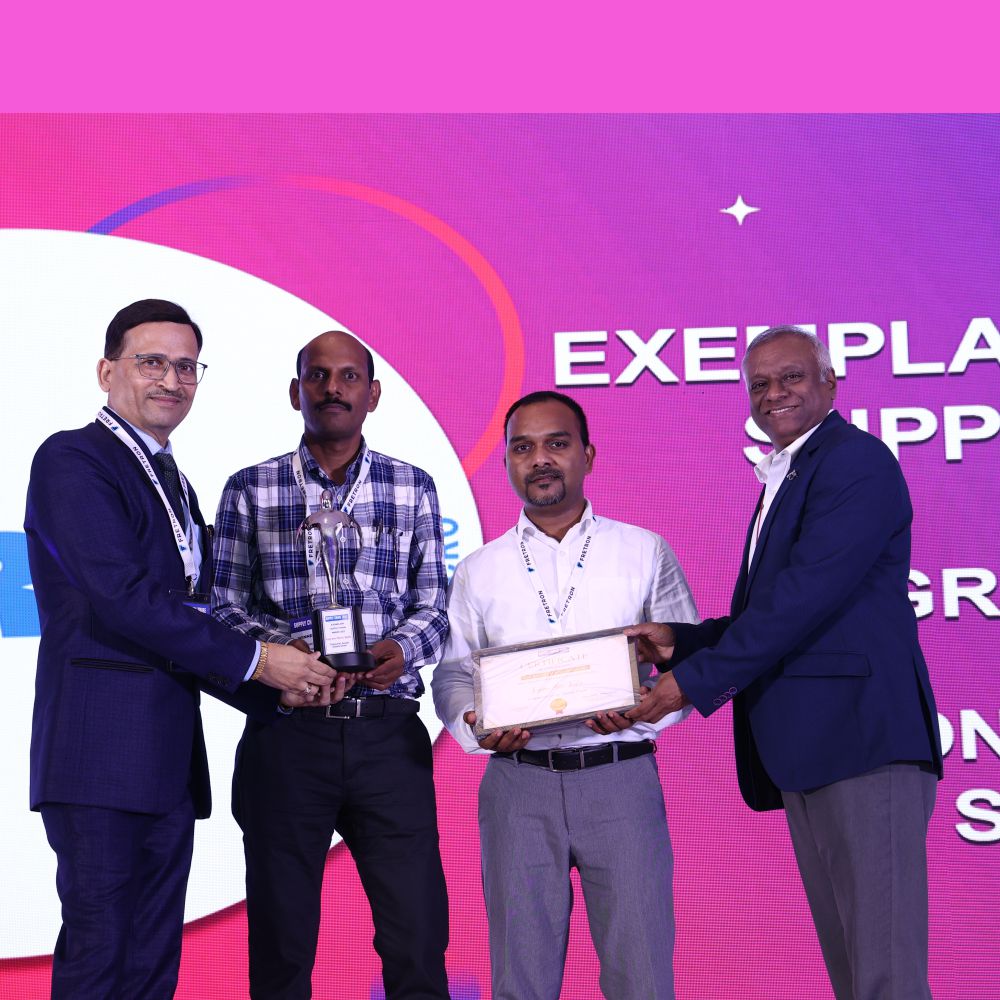Our last year’s Exemplary Supply Chain winners have once again sustained their winning streak owing to their high innovative quotient and automation deployment. While there have been various success stories that make the company deserving of this accolade, here’s mentioning two of the most striking ones – Freight Cost Optimisation and Pick to Cart automation. Take a look...
Freight is a crucial part of every company’s supply chain management cost. Regular fuel and maintenance cost increase, salary increase, many budgetary pressures in several directions to control freight cost against freight budget 2022-2023, as a company reducing transportation logistics costs has always been the number one priority.
Becoming much more flexible and adaptable in transport modes can really help in reducing freight cost. To ensure the same, operations team had taken help of lean initiatives and Kaizen. Ingram Micro team executed various projects to reduce freight cost, some of them are:
- Shipping consolidation of multiple invoices of smaller freight for same customer into single AWB to reduce / avoid minimum freight charges against each invoice.
- Consolidation of Less-than-truckload (LTL) shipment is economical option for smaller weights consignment to FTL modes. Flexibility in choosing correct mode of freight between LTL and FTL modes results in reduction of freight cost.
- Multiple carrier options specialized Lane and geography not only provides better services but also helps in freight cost saving.
- Based on demand & load against each route for city deliveries, the team shifted from monthly fixed freight vehicle charges to Per Kg freight with same service TAT.
- Negotiations with each carrier in terms of controlling freight rates increase or no increase despite fuel rate increases.
All these initiatives not only resulted in improvement of customer deliveries TAT, they also led to freight saving of Rs14.92 million (US$188527) against forecast freight budgets without affecting customer service level.
AUTOMATION AT ITS BEST
Besides freight cost optimisation, Ingram Micro also has been laying immense thrust on deploying automation in its processes. For instance, during a normal order picking process, materials need to be picked as per pick ticket where the pickers need to go to the respective bin location mentioned in slip, pick the SKU in the desired quantity and bring the material to the billing station for QA, serial scanning, packaging & Invoicing. The company was facing in terms of higher order processing lead time due to limitation of billing station, ultimately resulting in productivity loss as one picker support was required for scanning against each billing station.
The team came up with Pick to Cart process, which supports Picking & QA and Serial scanning through handheld device directly at stock location, picking process through Cart movement having boxes pasted with LPN Label. With change in process, picker is able to pick the SKU allocated to the cart reflecting at the handled device, performs the quality check like verification of VPN mapped in system with physical VPN on boxes and does the picking of multiple pick tickets at the same time. This process has facilitated them in reducing order process lead time, increased productivity per person, improvement in fill rate in terms of Pick-slip / Cartoon / units per Cart, and there is a clear productivity visibility through Cart management Dashboard.

Categories

Magazine Editions























